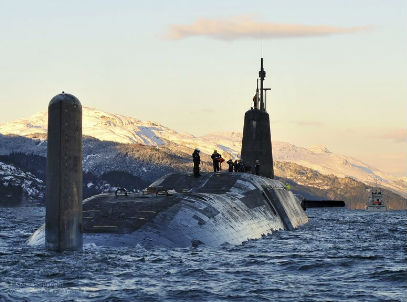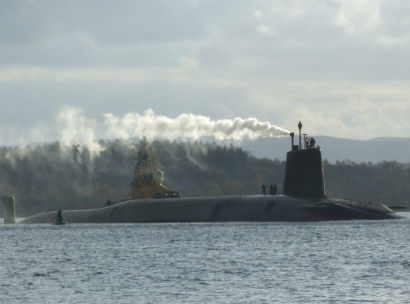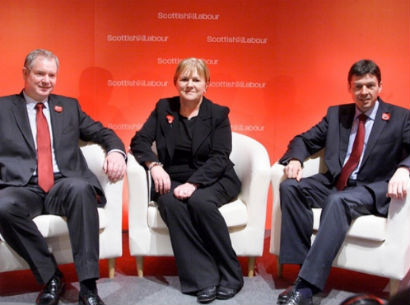Stephen Low, Glasgow Southside CLP, who moved the anti-Trident motion at Scottish Labour Party conference writes:
The debate on Trident renewal at Scottish Conference was passionate and delivered an unequivocal verdict. With a near identical 70% vote from both CLPs and Trade Unions the UK’s possession of nuclear weapons was condemned and the concept of defence diversification was promoted. Hav ing been passed by more than a 2/3 majority it is now part of the Scottish Labour’s programme and will form the submission of the Scottish Labour Party to the Britain in the World Policy forum.
The debate stemmed from the results of a priorities ballot where Trident renewal was by some measure the most popular topic. Although this decision by CLP delegates was itself described in the session as “”a nonsense and utter indulgence”” by Gary Smith, Secretary of GMB Scotland.
The first indication that the vote might well go against Trident renewal was when a reference to Jeremy Corbyn’s statement that he would never launch a nuclear strike received loud applause from the hall.
Those arguing for the motion cited a large number of factors; the morality of weapons which would kill so indiscriminately, the lack of utility in Trident a new Trident system in tackling the requirements under the Non Proliferation Treaty, the staggering cost and the loss of potential to diversify our industrial base if we are keeping so much of our industrial workforce locked into what is in many respects an economic dead end.
What was noticeable in the arguments of those who were advocating building what is one of the most destructive weapons system s in human history was how little they talked about the defence of the realm. Even the few, like ex MP Thomas Docherty and MSP Jackie Baillie who gave more thn passing reference to the role a new trident system would supposedly play in securing the UK concentrated in what they claimed would be the impact on jobs.
Without Trident renewal it seems that British manufacturing will just collapse. This argument was pursued to such an extent that in my right of reply. I felt obliged to apologise to conference for failing to notice the change in construction techniques which mean that the only possible use for British steel is in the construction of nuclear weapons.
The “Gie’s mair bombs – cos bombs means jobs” approach – and this is a paraphrase, not a cariacature – of the argument laid out, is both curious and dispiriting. The purpose of a defence policy is in fact defence, not job creation. Incidentally Trident renewal scores very poorly in terms of job creation. The likelihood is that it will force cutbacks in other defence spending). Moreover it represents an appalling failure of social and economic ambition. It’s implication is that the only employment that can be envisaged for our most skilled craftspeople, our most highly trained technicians, is in making nuclear weapons. That defence diversification is something that only other countries can make work.
By a thumping majority, Scottish Labour decided otherwise.








